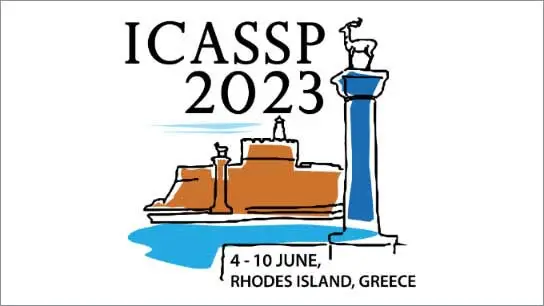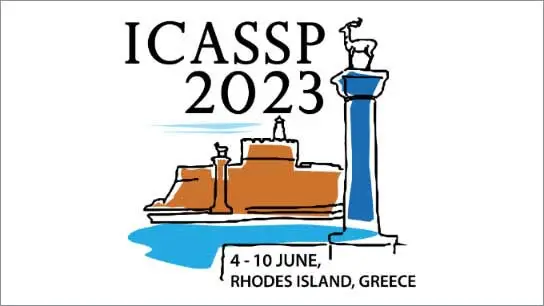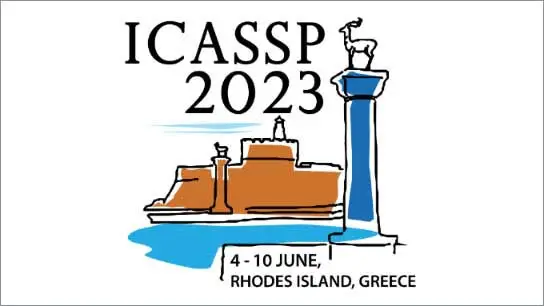Towards Privacy and Utility in Tourette Tic Detection Through Pretraining Based on Publicly Available Video Data of Healthy Subjects
Nele Sophie Brügge (Universität zu Lübeck); Esfandiar Mohammadi (Universität zu Lübeck); Alexander Münchau (Universität zu Lübeck); Tobias Bäumer (Universität zu Lübeck); Christian Frings (Universität Trier); Christian Beste (Technische Universität Dresden); Veit Roessner (Technische Universität Dresden); Heinz Handels (University of Lübeck)
-
Members: FreeSPS
IEEE Members: $11.00
Non-members: $15.00
08 Jun 2023
Data privacy is typically particularly difficult to achieve in medical applications of machine learning, despite its importance in this area. The datasets are often small, which is why machine learning models such as neural networks tend to memorize information about the training data. This allows confidential and sensitive information about patients to be extracted from the model. Further challenging achieving data privacy is that the best possible utility must be ensured. In this work, we aim to detect tics based on video data of patients with Gilles de la Tourette syndrome. Facial landmarks were used as a lower-dimensional representation of the video data. Through membership inference attacks, we show that training a simple neural network directly on sensitive training data leaks information about the training data, and that this can be prevented by suitable pretraining on a large amount of unlabeled public data of healthy subjects. The proposed approach can not only reduce the attack accuracy to 52.15 %, but also achieves a high tic detection accuracy of 86.53 %.



